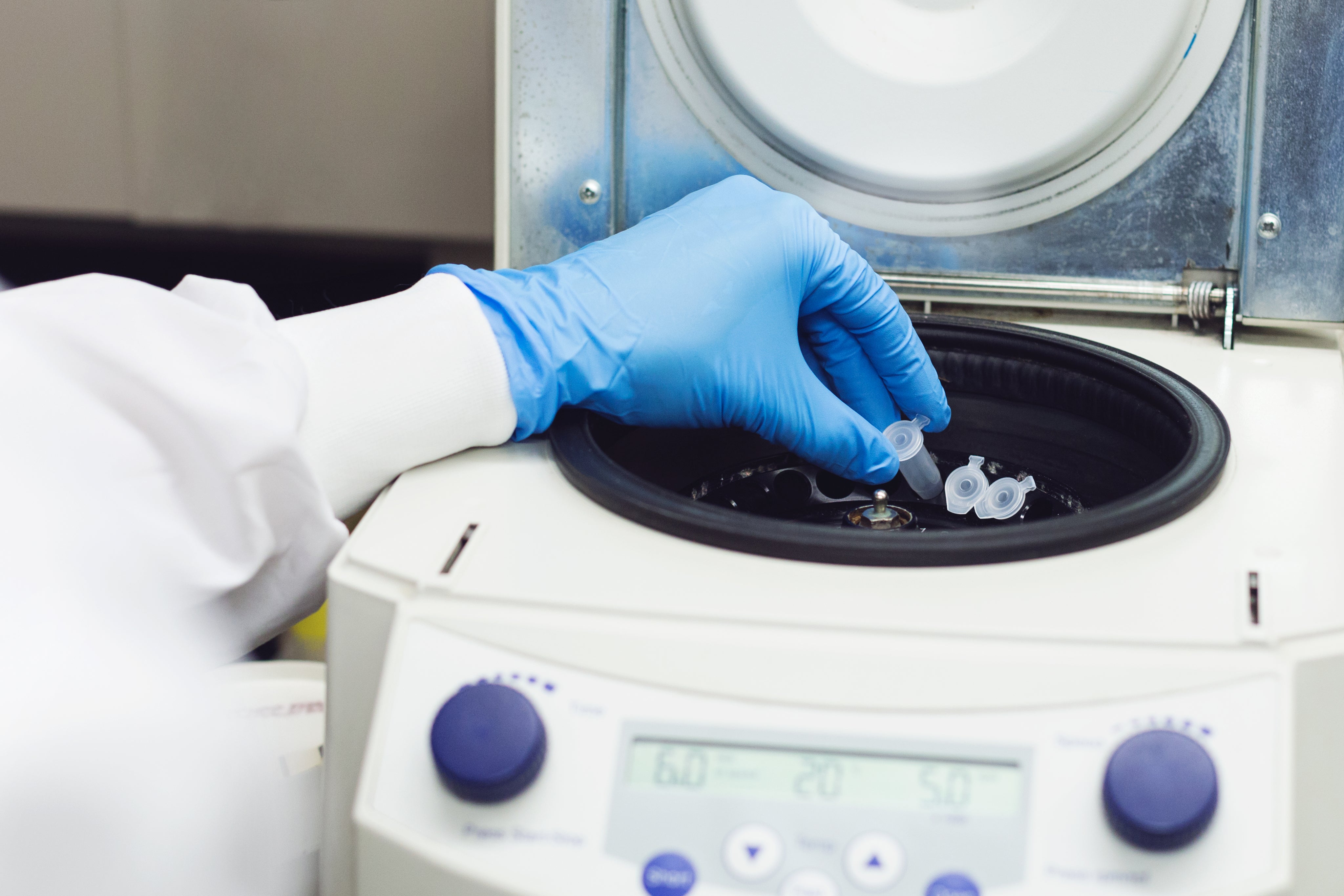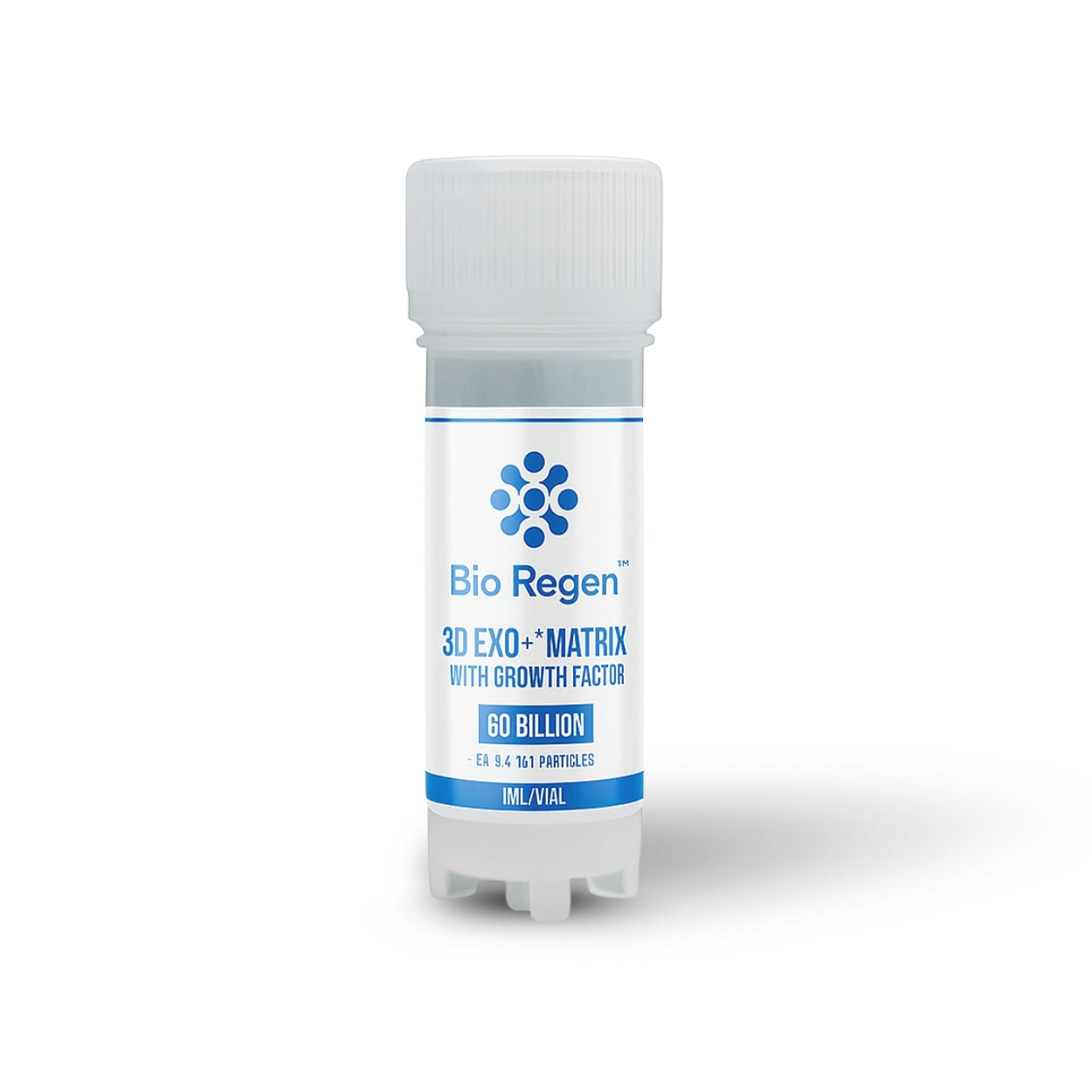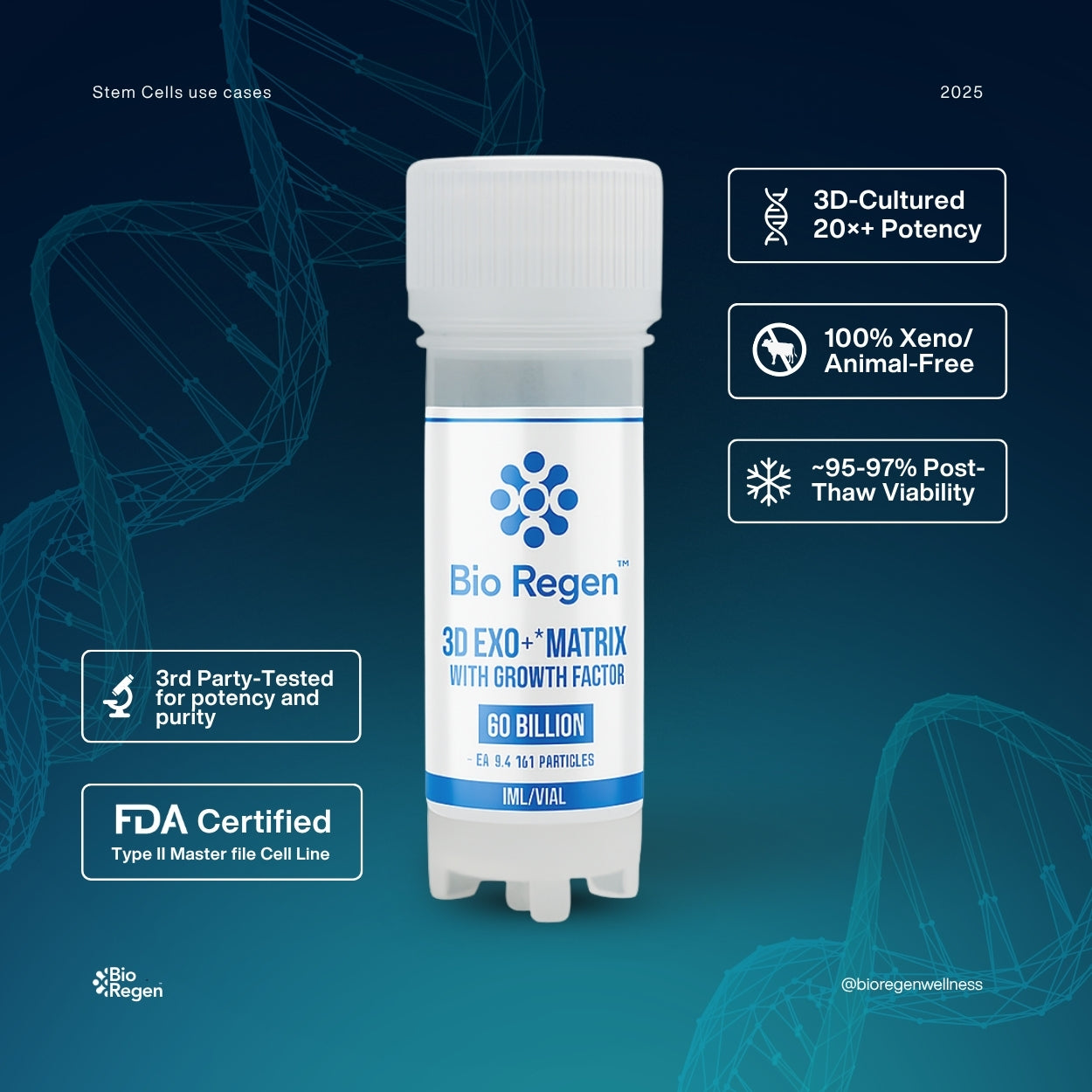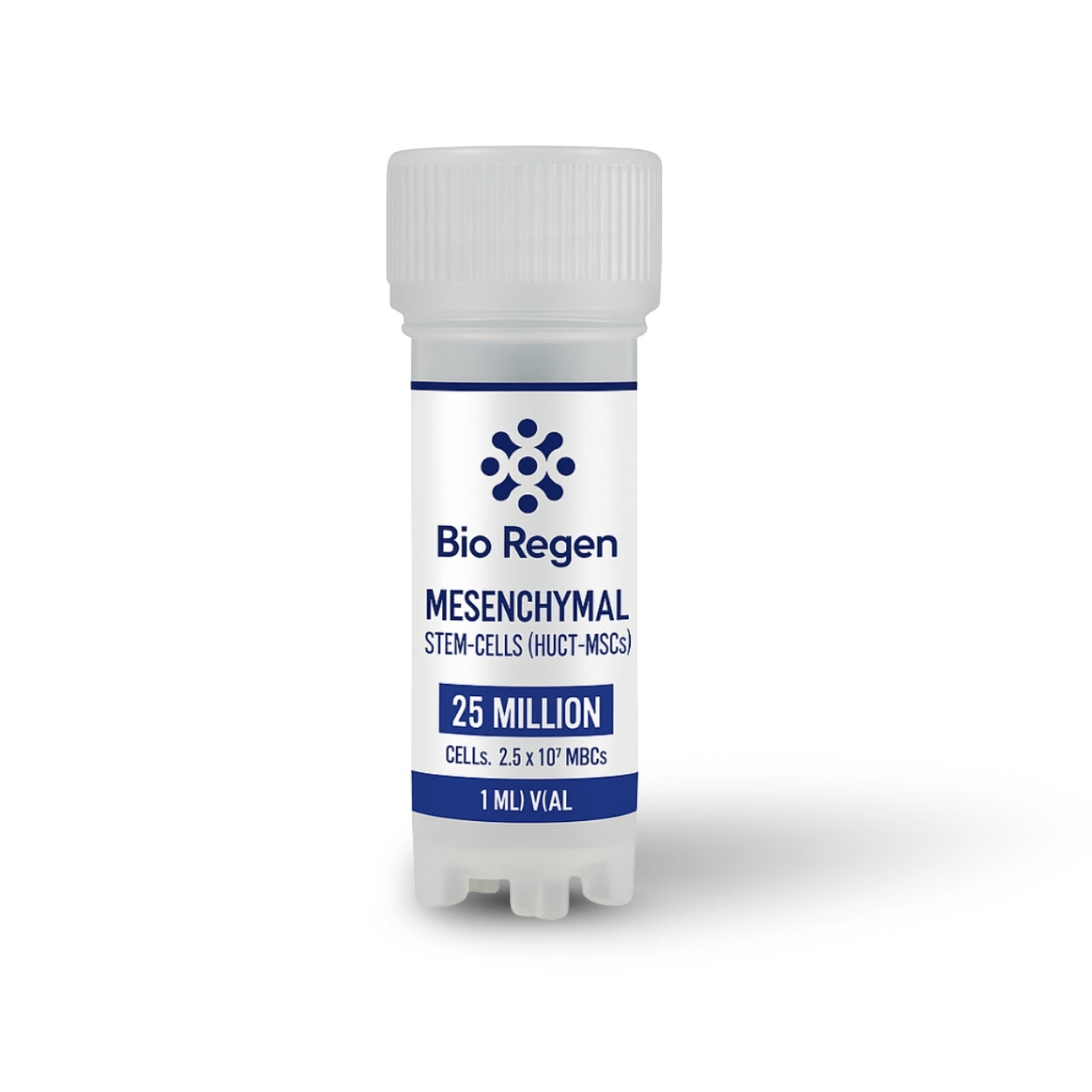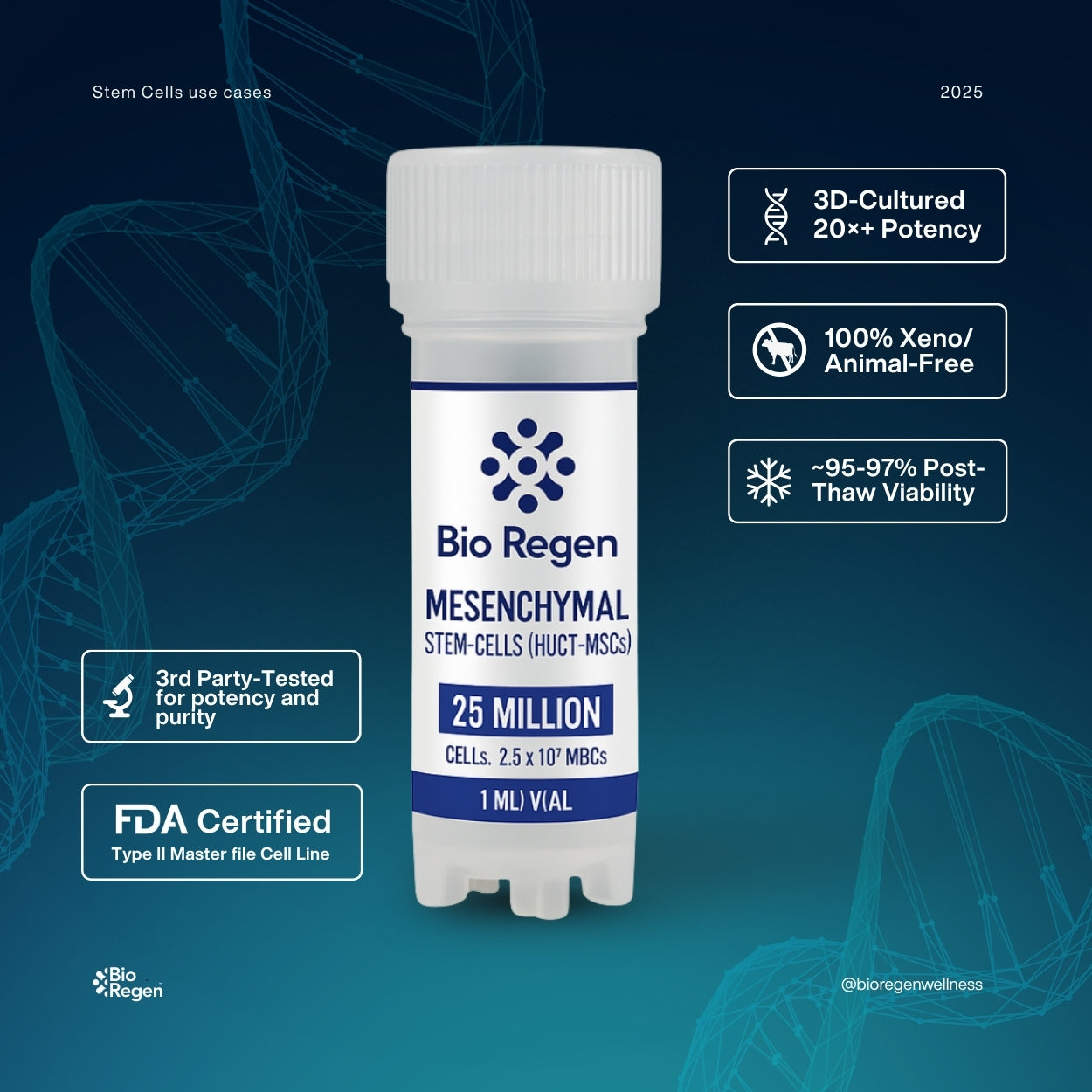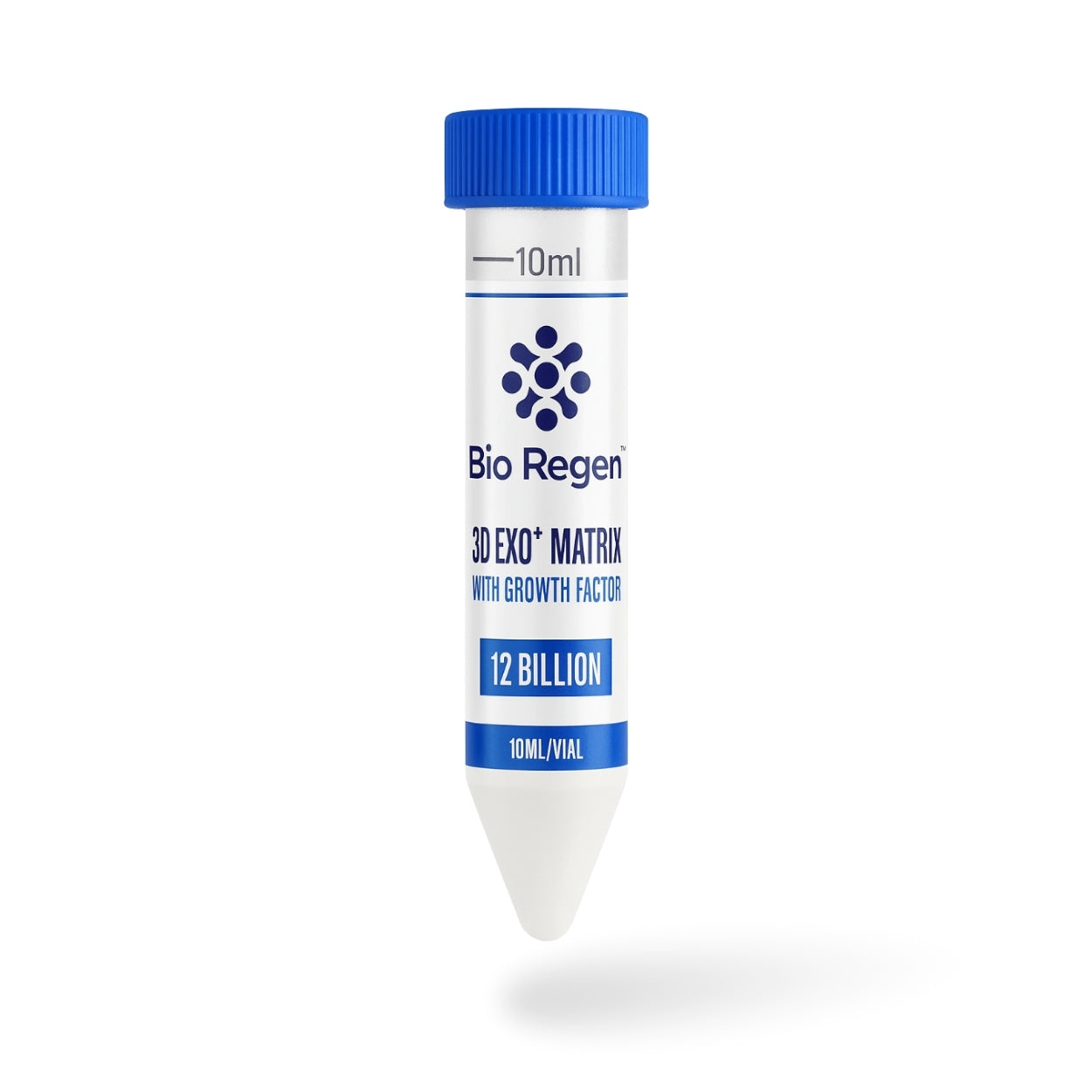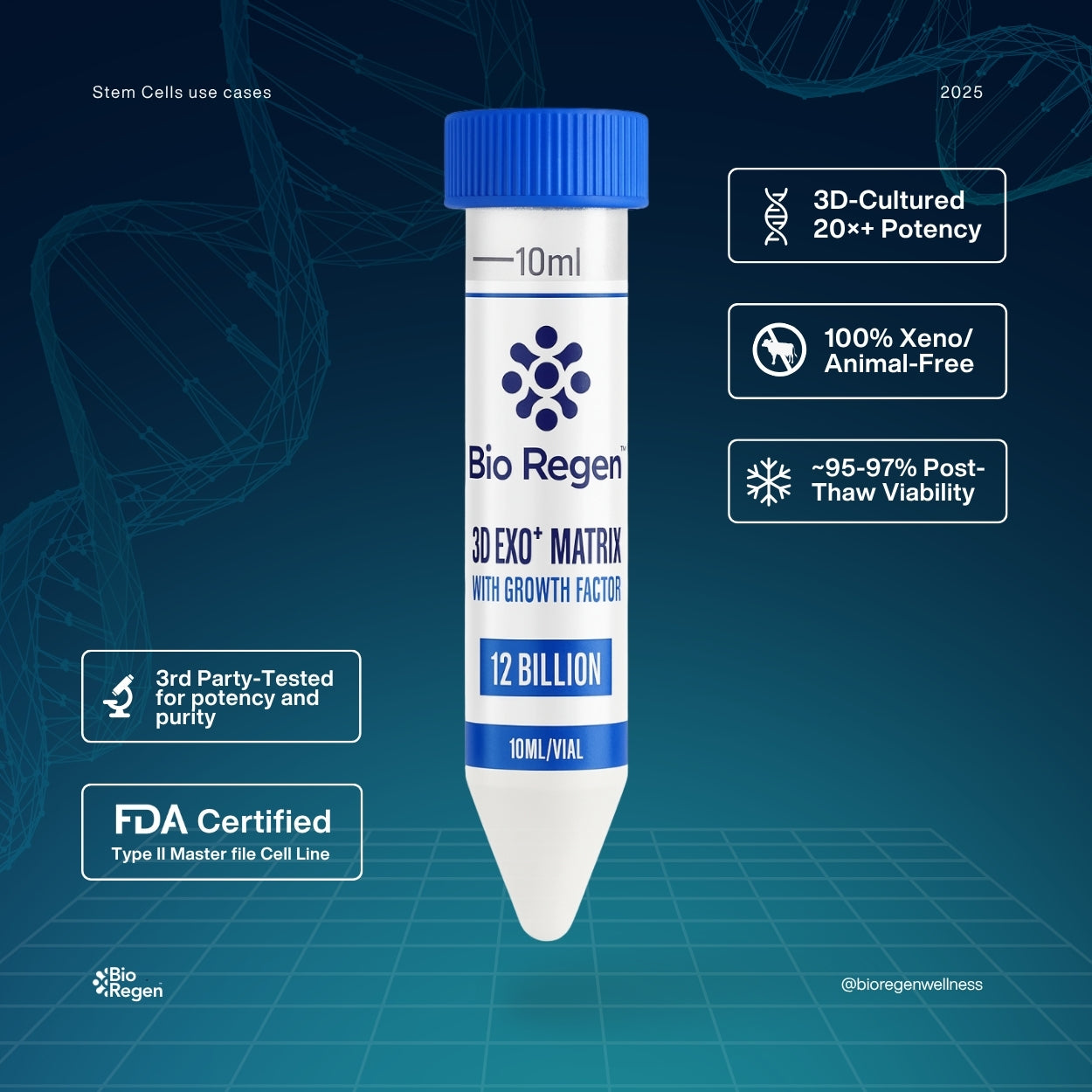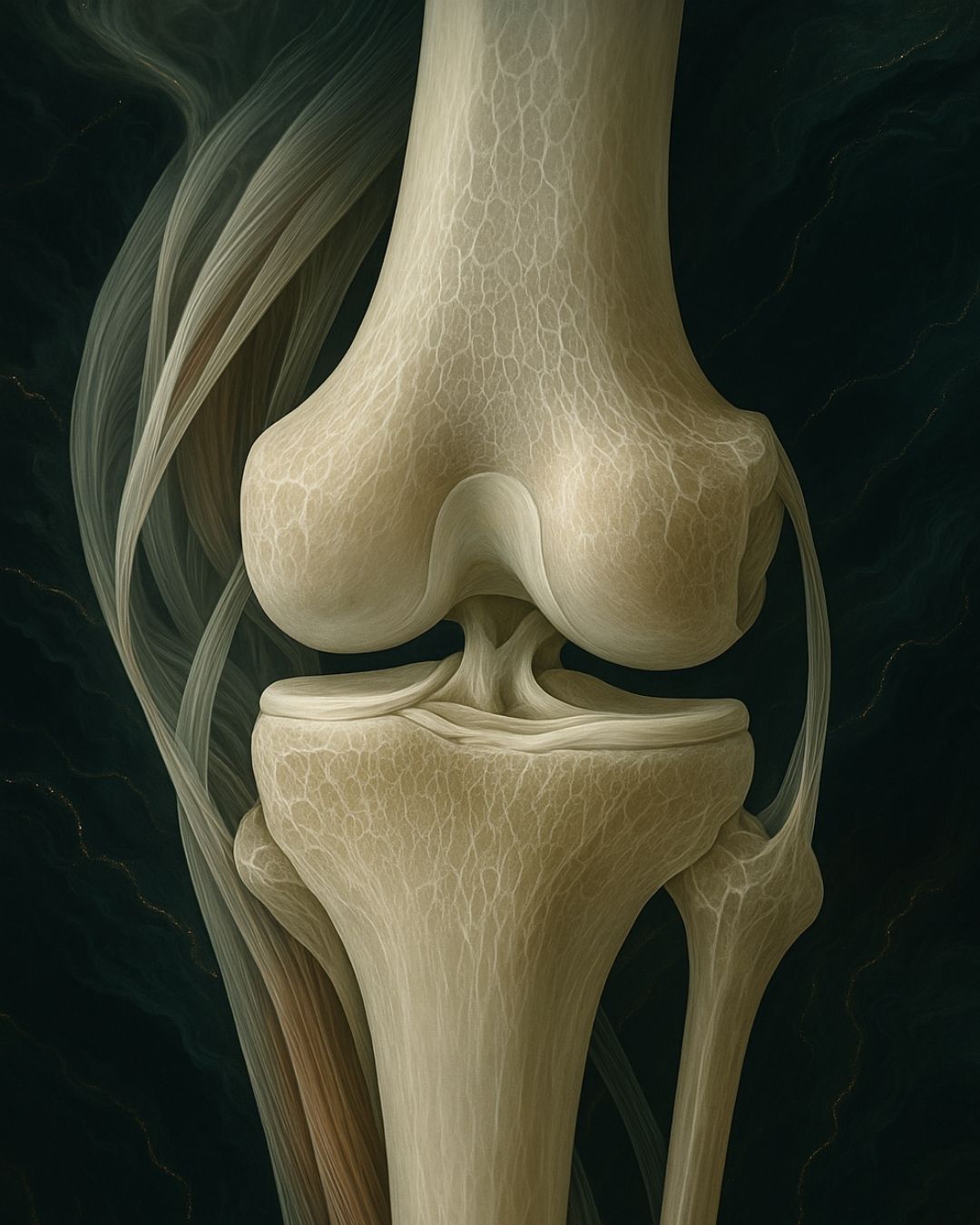
Comparing Exosomes Vs Stem Cells in Regenerative Medicine
The Role of Exosomes in Regenerative Health
How Do Stem Cells Work in Regeneration?
Can Exosomes Stem Cells and Stem Cells Work Synergistically?
What Are the Key Benefits of Exosomes Vs Stem Cells?
Are There Limitations to Exosomes Vs Stem Cells?

What are Stem Cell Exosomes?
Key Application Areas of Stem Cell Exosomes
Anti-Aging Solutions: Stem Cell Exosomes have gained traction in anti-aging therapies, offering potential benefits in skin rejuvenation and vitality enhancement. Their application in beauty treatments, such as microneedling, can help rejuvenate the skin by promoting collagen production, leading to a more youthful complexion.
Pain Management and Recovery: In Fort Lauderdale, our clients have experienced significant relief from back pain through exosome-infused therapies. These treatments accelerate healing processes and mitigate pain, providing a non-invasive solution for musculoskeletal issues.
Neurological Benefits: Research implies exosomes can cross the blood-brain barrier, potentially influencing treatments for neurodegenerative conditions. At Bioxcellerator, we are exploring these possibilities to offer innovative therapies for conditions like Alzheimer's and Parkinson's.
Why Choose Stem Cell Exosomes?
- Safe and Non-Invasive: They present fewer risks than direct stem cell transplants.
- Efficient Delivery: Exosomes deliver therapeutic agents directly to target cells.
- Broad Applications: Useful in anti-aging, pain management, and potential neurological therapies.
How Do Stem Cell Exosome Therapies Work?
- Consultation: We begin with a thorough assessment to tailor treatments to individual needs.
- Exosome Preparation: Exosomes are carefully extracted and purified from stem cells.
- Application: The exosomes are administered via injection or topical application, depending on the treatment area.
- Follow-Up: Post-treatment follow-ups ensure optimal outcomes and adjustments if needed.
Is Stem Cell Exosome Therapy Safe?

Understanding Exosomes Vs Stem Cells in Regenerative Medicine
When comparing exosomes and stem cells in regenerative medicine, one of the most common questions we encounter is: "Which is more effective for tissue repair and why?" This largely depends on the specific application. Stem cells are remarkable for their ability to differentiate into a wide array of cell types, acting as a powerful tool for repairing damaged tissues directly. For instance, our stem cell therapies at Bioxcellerator have shown incredible results in treating degenerative joint conditions by restoring damaged cartilage.
On the other hand, exosomes, which are tiny vesicles secreted by cells, including stem cells, play a crucial role in intercellular communication. They deliver proteins, lipids, and RNA to influence cell behavior and promote healing. Their cell-free nature reduces the risk of immune rejection. For example, in our clinics, we've observed that clients with inflammatory conditions often benefit significantly from exosome therapy due to its anti-inflammatory properties.
A hypothetical scenario to consider: If a patient has a high risk of immune response or ethical concerns regarding cell-based therapies, exosomes could offer a safer, effective alternative. For guidance on the most suitable approach, it's always best to consult with a specialist who can tailor treatments based on individual needs. What specific concerns do you have regarding these therapies?
Exploring Synergy Between Exosomes and Stem Cells
An intriguing aspect of regenerative medicine is the potential synergy between exosomes and stem cells. Can they work together to enhance treatment outcomes? Our experience at Bioxcellerator suggests that combining these two can significantly amplify the therapeutic benefits. For example, in treating complex conditions like spine issues, while stem cells provide the building blocks for regeneration, exosomes can accelerate healing by refining the cellular environment and reducing inflammation.
Imagine a scenario where a patient receives a stem cell therapy for arthritis. By supplementing with exosome therapy, the patient might experience faster pain relief and improved mobility due to enhanced tissue response. This integrated approach is something we are deeply passionate about, as it offers a more comprehensive path to healing. Have you considered the potential for combining therapies in your treatment strategy?
Key Benefits of Exosomes Vs Stem Cells
When discussing the benefits of exosomes versus stem cells, it's essential to consider the unique advantages each offers. Stem cells are versatile, differentiating into various cell types, making them invaluable for long-term tissue regeneration. For instance, in patients with arthritis, our stem cell therapy in Miami has been instrumental in reducing symptoms and improving joint function over time.
Exosomes, however, stand out with their reduced risk of immune reactions and ability to cross barriers like the blood-brain barrier, which stem cells cannot. They are also easily stored and transported, offering flexibility in treatment planning. In our practice, we've found exosome therapies to be highly effective for clients seeking non-invasive anti-aging solutions or those recovering from musculoskeletal injuries.
The decision between these therapies often hinges on specific goals and conditions. For personalized advice, a consultation with a knowledgeable provider can illuminate the best path forward for each individual. What are the specific outcomes you're looking to achieve with regenerative therapy?
Limitations of Exosomes Vs Stem Cells
While both exosomes and stem cells hold transformative promise in regenerative medicine, they each come with limitations. Stem cells, although highly potent, carry risks such as immune rejection and ethical concerns. Conversely, exosomes, while avoiding these issues, face challenges in production scalability and quality control.
In our journey at Bioxcellerator, we've dedicated ourselves to overcoming these hurdles by refining our therapeutic approaches continuously. For instance, we ensure our exosome applications are rigorously controlled for consistency and efficacy. Similarly, our stem cell therapies are tailored to minimize risks while maximizing benefits.
As a patient, understanding these nuances can help set realistic expectations and guide informed decision-making. Are there specific concerns you have about the risks associated with these therapies? Let's explore how we can address them.
Defining Stem Cell Exosomes
Stem cell exosomes are fascinating entities--tiny vesicles that are secreted by stem cells and carry essential biomolecules like proteins and RNA. One common query we receive is about their role in treatment: "How exactly do stem cell exosomes contribute to tissue regeneration?"
In my experience, these exosomes are crucial in facilitating cellular communication, thereby enhancing tissue repair and regeneration. For example, in anti-aging therapies, we utilize exosomes to promote collagen production, leading to skin rejuvenation. This is especially popular among our clients seeking non-surgical beauty treatments in Palm Beach.
Comparatively speaking, the shift towards using exosomes is transforming the regenerative treatment landscape, offering a safer alternative to traditional stem cell therapies. If you're curious about how these applications might suit your needs, let's discuss the potential benefits for your specific concerns.
Application Areas of Stem Cell Exosomes
The versatile application of stem cell exosomes spans multiple therapeutic areas. Many clients ask, "In what ways can stem cell exosomes be applied?" At Bioxcellerator, we've seen significant success in three main areas: anti-aging, pain management, and potential neurological benefits.
For instance, exosomes in anti-aging treatments promote skin vitality and rejuvenation, often through procedures like microneedling. In pain management, particularly for back pain, exosome-infused therapies have provided notable relief for our clients in Fort Lauderdale by accelerating healing processes.
Research also suggests that exosomes can cross the blood-brain barrier, offering promising avenues for treating neurological conditions such as Alzheimer's and Parkinson's. This cutting-edge approach signifies an exciting frontier in regenerative medicine. Would you like to explore how these applications might align with your health goals?
Why Choose Stem Cell Exosomes?
When considering regenerative treatments, the question often arises: "Why should one opt for stem cell exosomes?" There are several compelling reasons. Firstly, exosomes present fewer risks than direct stem cell transplants, being a non-invasive option. Their efficiency in delivering therapeutic agents directly to target cells is unmatched, enhancing treatment effectiveness.
Another advantage is their broad applications, ranging from anti-aging therapies to pain management and potential neurological interventions. For example, in our Palm Beach clinic, clients have opted for exosome therapy due to its efficacy and safety profile, especially those hesitant about invasive procedures.
The choice to use stem cell exosomes often hinges on individual health goals and concerns. If you're considering this therapy, what specific outcomes are you hoping to achieve? Let's delve deeper into how exosomes can meet your objectives.
Safety of Stem Cell Exosome Therapy
A frequent concern regarding novel therapies is safety. Clients often ask, "Is stem cell exosome therapy safe?" Our experience at Bioxcellerator reassures that it is indeed safe. These exosomes are crafted under stringent quality controls to mitigate risks of infection or adverse reactions. Our Palm Beach expertise ensures the highest standards in exosome therapy, providing peace of mind along with clinical excellence.
To address initial client concerns, we prioritize transparency and build confidence through proven results. For example, many of our clients report significant improvements without complications post-treatment. If safety is a concern for you, what specific aspects would you like more clarity on? Let's chat about how we ensure a safe therapeutic experience.
Resources
- National Institutes of Health (NIH) - The NIH is the leading government agency for biomedical and public health research. Visit their homepage for valuable information on stem cell research and regenerative medicine.
- U.S. Food and Drug Administration (FDA) - The FDA regulates the approval and use of medical products, including stem cell therapies. Check their homepage for updates on regulations and safety guidelines.
- International Society for Stem Cell Research (ISSCR) - ISSCR is a global organization focused on promoting excellence in stem cell science and applications. Explore their website for educational resources and current research in the field.
- Mayo Clinic - Mayo Clinic is a renowned medical center known for its expertise in regenerative medicine. Visit their homepage for insights on the latest advancements in stem cell and exosome therapies.
















